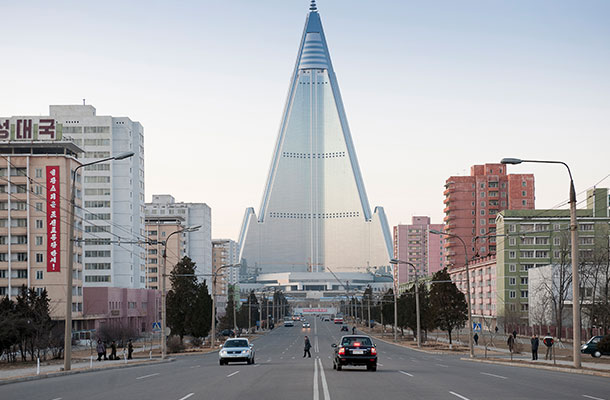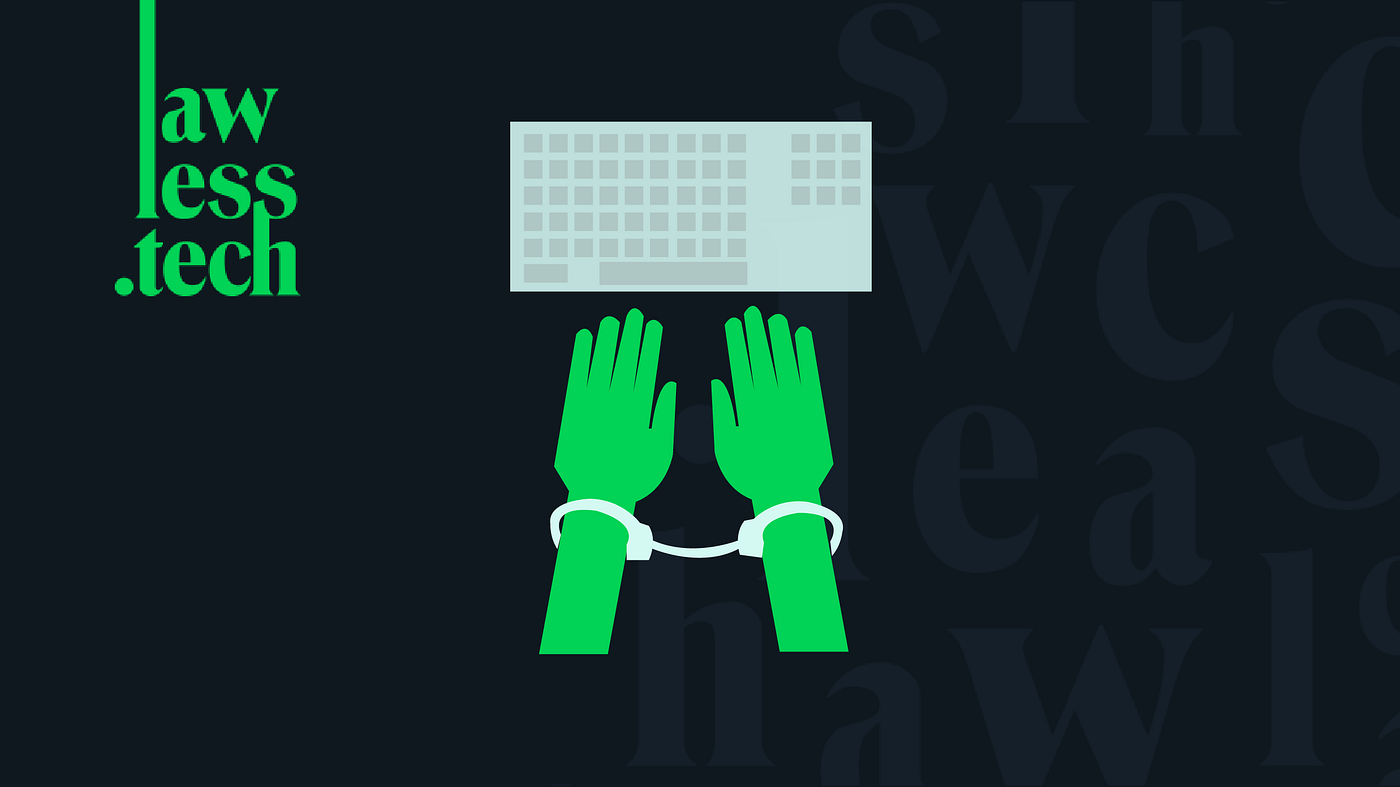YOU SHOULD KNOW THESE STRINGENT LAWS OF THE WORLD MOST CENSORED COUNTRY.

Laws in korea
North Korea officially known as the Democratic People’s Republic Of Korea is a country located in the Northern part of the Korean Peninsula and South Korea and China being the immediate neighbours. Pyongyang is the capital of the Country. The country is officially called an existing hell on the planet earth for a reason. It is a mysterious nation with a lot of myths and truths which never comes out of the borders of the country. Let’s look at some extravagantly weird facts of the nation.
Can people visit North Korea?

Yes of course a passport holder can visit North Korea and so are the people of North Korea. The only way to visit North Korea is through China. Takes less than or about two hours to reach North Korea from Beijing by flying. It is impossible to visit North Korea as a random vacation, it comes with boatloads of documentation that the package of the trip is supposed to be booked by North Korea’s Agencies. You are supposed to visit the country under the supervision of a guide. The currency of DPRK is won and the tourists are not supposed to convert their currencies to won since they are allowed to use USD, Chinese Yuan and EUR.
Are there any places to visit?
Well in such a mysterious country, something is always special which pulls the tourists to it. Pyongyang city, the capital, boasts a few beautiful skyscrapers and roads are almost free from the crowd because of less population and very few people can afford vehicles to travel.
What are some stringent laws of the country?
- You can get imprisoned if the picture of the dictator gets dirty at your home. A woman in 2019 was put behind bars when she kept the photo dirty.
- No celebrations are supposed to take place on two dates since they have their significance to the deaths of two leaders namely Kim 2 Sung On 8 July and Kim Jong-il and they are devoted to paying respect to the deaths of former supreme leaders of DPRK.
- You are subject to execution if you carry any piece of sacred Bible and any South Korean Films and the Family of Kim Jong Un is considered a god and henceforth they are prayed.
- Only the history of the former leaders of the country are taught and the other historic events of the world are not supposed to be read.
- Every citizen and teachers in school are supposed to learn how to use an Accordion- a musical instrument, the ones not obeying the law or ignoring to learn are supposed to pay a fine.
- Only the men and women who served the government or the Army of DPRK are supposed to keep a car and there is no facility of traffic lights since there are only fewer than 500 users of cars throughout the country.
- Every home in the country is supposed to be brown. The government equipped each house with a radio and made sure every citizen hears out the amendment in the previous laws or new laws.

- No citizen of the country is allowed to wear a Blue pair of Jeans because it shows the western culture of clothing and that is strictly prohibited in the territory of North Korea. Tourists visiting the country are allowed to wear blue pair of jeans. The government is supposed to regulate clothing in the country.
- Citizens are allowed to chose from 28 hairstyles in total as regulated by the country’s government out of which 10 styles belong to men and 18 belong to women.
- Internet the backbone of the contemporary global village is not prevalent for citizens in the country and only a certain number of people have access to it, which includes army generals or politicians.
- Tourists are not allowed to click any pictures of poverty-stricken areas as well as vulnerable people because it will reveal to the international community the impoverished situation of the county.
- If any person in the country commits a crime, the coming three generations also serve the punishment.
- The voting poll happens every 5 years and only Kim Jong is the only representative of the family and thus wins with a 100 per cent majority every 5 years.
- It’s the only country that does not support the calendar. The whole world uses the Gregorian calendar which is full of widespread seasons, months, dates etc. The whole world is in 2021 but North Korea is in year 109.
- The way we buy laptops and computers in our countries to equip ourselves with the best way to work is not the case in North Korea. You need to seek the government’s permission to buy a laptop or a computer and thus each device is registered and kept under constant track by the government.
- Only a few computer cafes in big cities can afford to have them and only an individual can get access to the internet; however the twist here is, these computers are also registered with the government and run through a private network of the internet and as a result, only 39 and fewer websites can be surfed there.
- The traffic police in North Korea is very different from the rest of the world. It has a group of young women under the age of 26 and is highly attractive. They are one of the highly respected jobs in North Korea and families receive excessive honour.
- Not only is the internet controlled by the government, but you also cannot probably enjoy your favourite movie or cartoon on the television as only a selected series on the television are broadcasted and thus are a part of the government’s propaganda.
- It has built a fully furnished town near the South Korea border called Peace Town equipped with a lot of facilities to show South Korea their standard of living and it lacks only things and that is people living in it. It has just been made to show the false prosperity of the nation to its immediate neighbours.

These laws are evident enough to call it hell but no doubt the country has its own culture and identity in world politics.
Edited by Aishwarya Ingle




